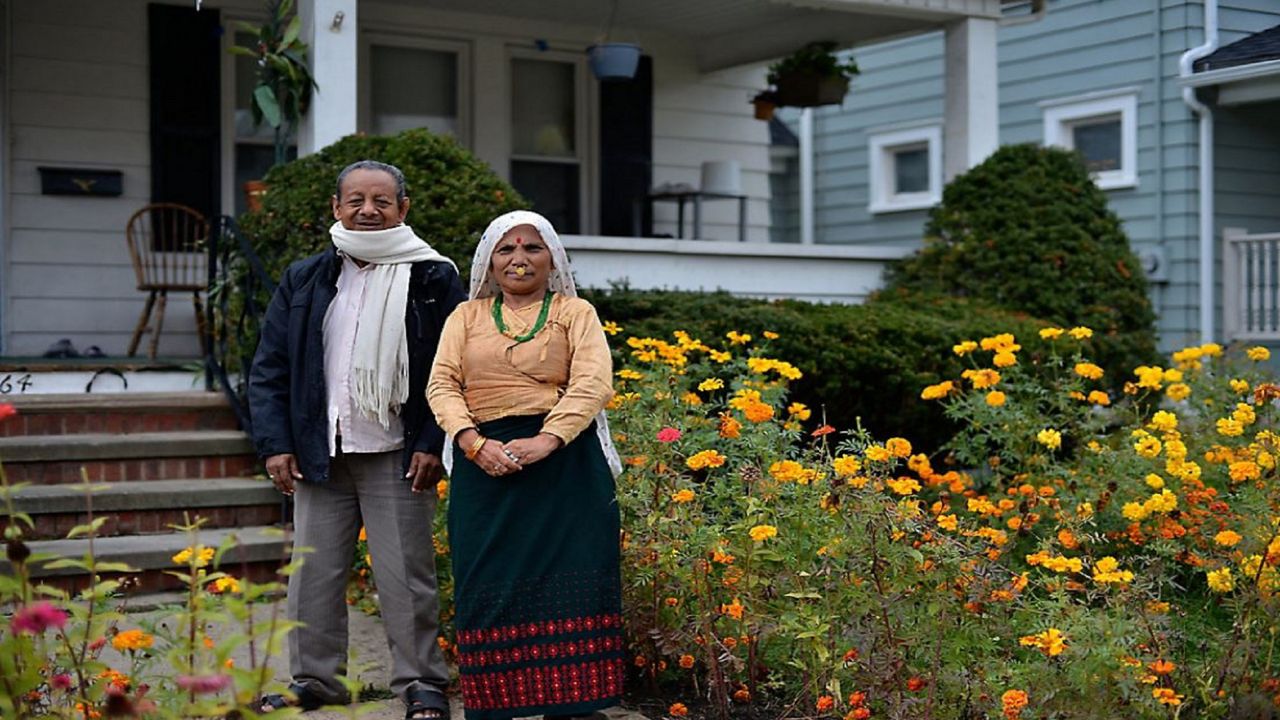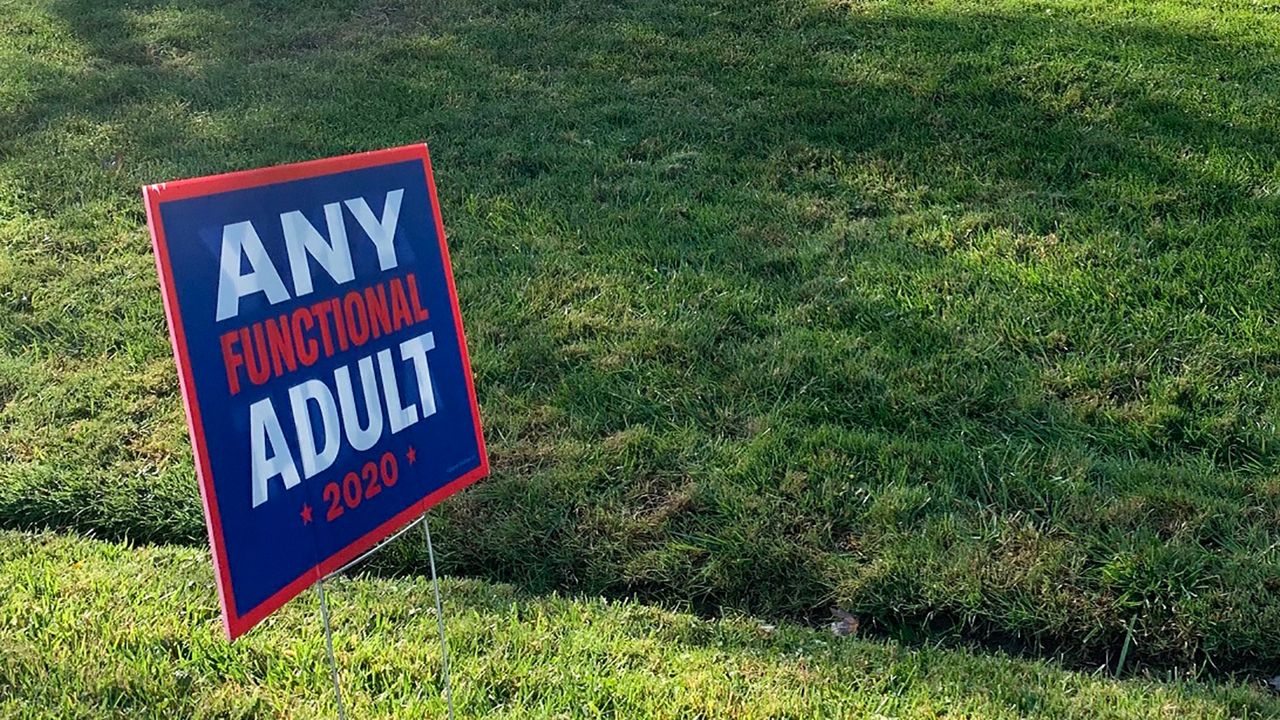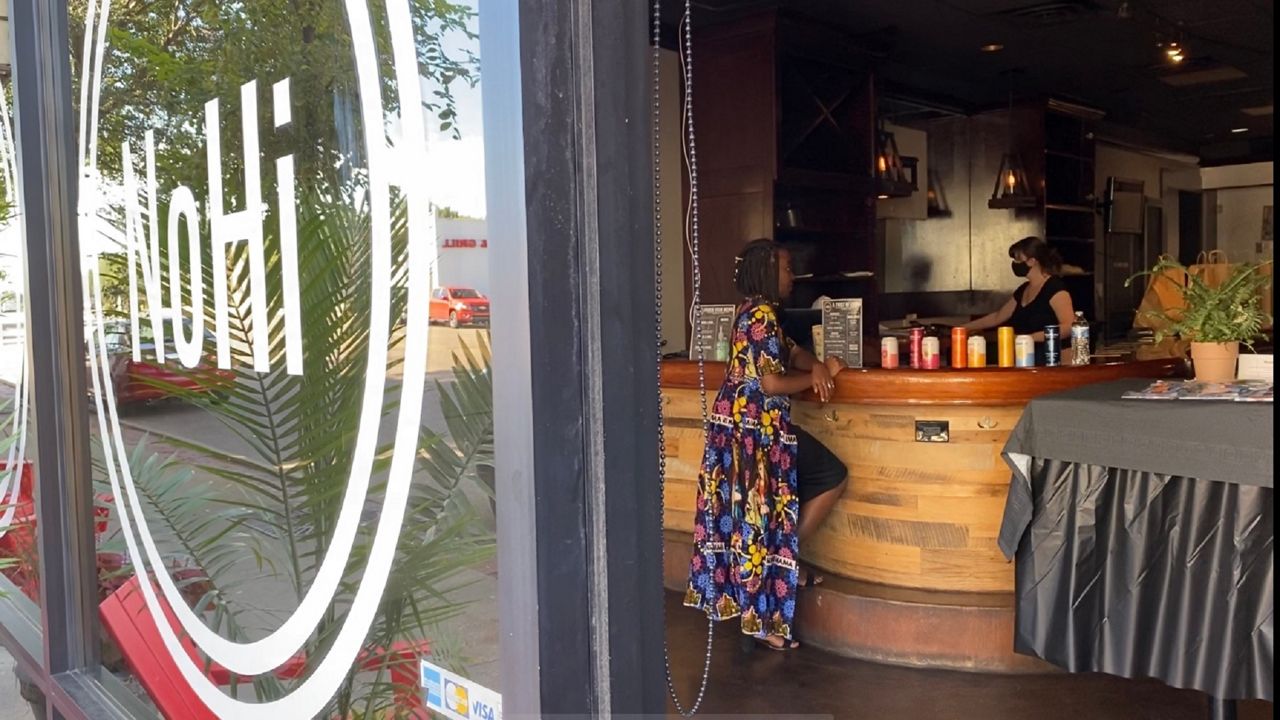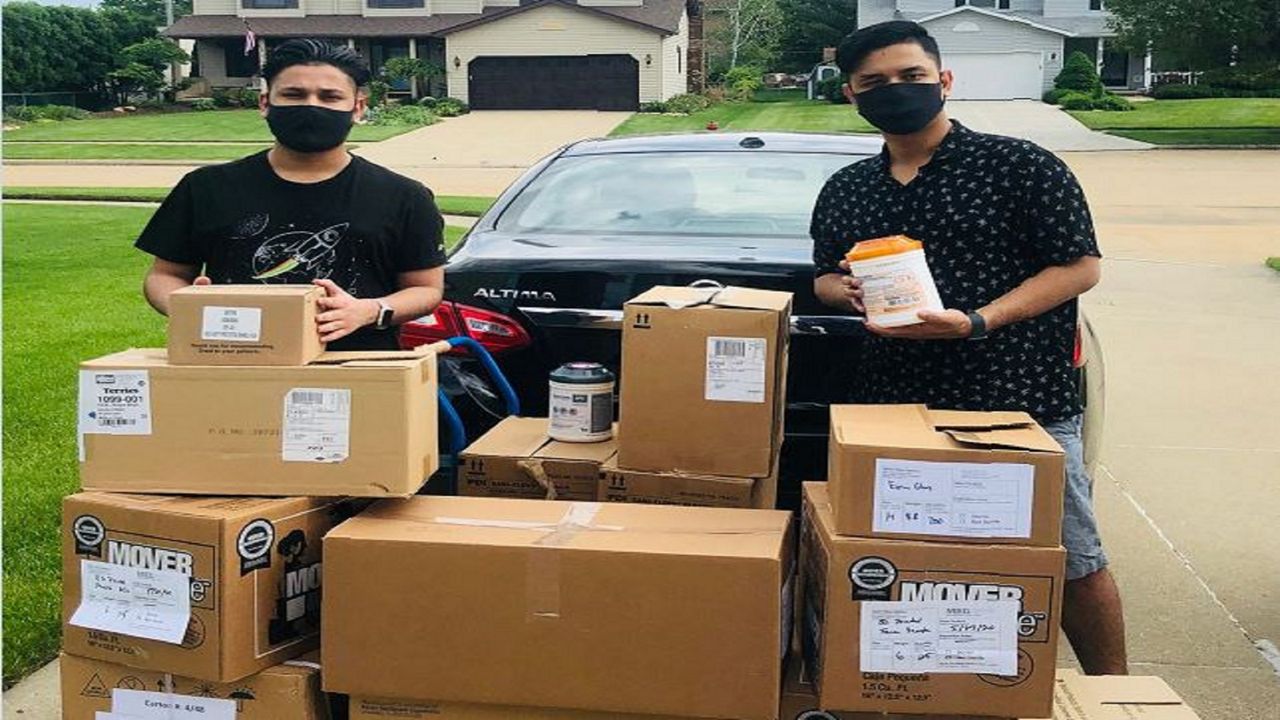AKRON, Ohio – Even as a local developer begins repurposing Chapel Hill Mall for new use, the state has selected the former shopping destination to become a temporary mass COVID-19 vaccination site, Gov. Mike DeWine announced on Friday.
What You Need To Know
- Gov. Mike DeWine announced the site of Akron’s Chapel Hill Mall will be one of 15 mass vaccination clinics planned to soon open in Ohio
- Chapel Hill is in North Akron, the city’s international neighborhood, which is home to immigrants and refugees from around the world, many of whom mistrust the medical community
- The GAR Foundation is working with groups like the North Akron Community Development Corp. to build immigrants’ trust
- Officials said building trust will require consistent communications and ongoing small gatherings
The once-popular mall is in North Akron, the city’s international neighborhood. For more than a decade, North Akron has had a steady rise in immigrants and refugees from Bhutan, Congo, Afghanistan and other countries through the federal Refugee Resettlement Program.
As a vaccination clinic, Chapel Hill Mall’s proximity is advantageous because many immigrants don’t drive, officials said, but the clinic could be a tough sell to Akron’s foreign-born residents who mistrust the medical community.
Efforts to build the trust needed to get immigrants and refugees to take the vaccine are ongoing, said Katie Beck, executive director of the North Akron Community Development Corp., which operates the Exchange House, a popular multi-cultural center that serves as a hub for medical, educational and recreational programming.
Throughout the pandemic, the North Akron CDC has worked to clarify and share information with immigrants, translating vital news about the virus into multiple languages in print and video.
In January, the GAR Foundation launched the Know COVID program to connect Akron's minority residents with COVID-19 resources offered by medical providers, while working to reduce mistrust.
Through Know COVID, officials learned that the reasons for mistrust are often unique to the different immigrant communities, Beck said, and that misinformation continues to circulate.
“An education campaign would be helpful if they take into consideration the ways that our community receives and trusts information,” Beck said. “Our community leaders have all expressed that it goes beyond having credible information because it’s more of an emotional trust that needs to be built.”
Disseminating information through trusted community leaders is effective, but not enough, Beck said.
“I think it’s going to be a long process for building trust, as one translated flyer, or recorded announcement won’t be enough,” she said. “It’ll be a process of chipping away with consistent conversations, videos and small gatherings.”
Chapel Hill is one of 15 regional long-term mass vaccination sites the state plans across Ohio, DeWine said.
The clinics will open once enough doses of the vaccine become available and are expected to have the capacity to administer 300 to 3,000 vaccines per day, DeWine said. The clinics will operate as long as necessary.
“Now that we have more than 1,250 local vaccine providers and a significant increase in vaccine supply expected at the end of March, this is the right time to finalize and prepare to launch these large-scale regional clinics," DeWine said in a release.
Residents will be able to sign up for appointments in several ways, including through a central scheduling system -- the state said it plans to launch soon. Eligibility will be based on the vaccination schedule the state health department laid out last December.
Phase 1C, the most recent group, was given the go-ahead last week. It includes people 60 and over, pregnant women, and those with specific health conditions. Police and firefighters, childcare workers, funeral industry employees and educators are also eligible, along with anyone who was eligible in phases 1A and 1B.
Also planned is an eight-week vaccination clinic opening March 17 at Cleveland State University’s Wolstein Center. Four mobile clinics are planned to be deployed to serve the communities of Ada, Athens, Mansfield and Steubenville.









